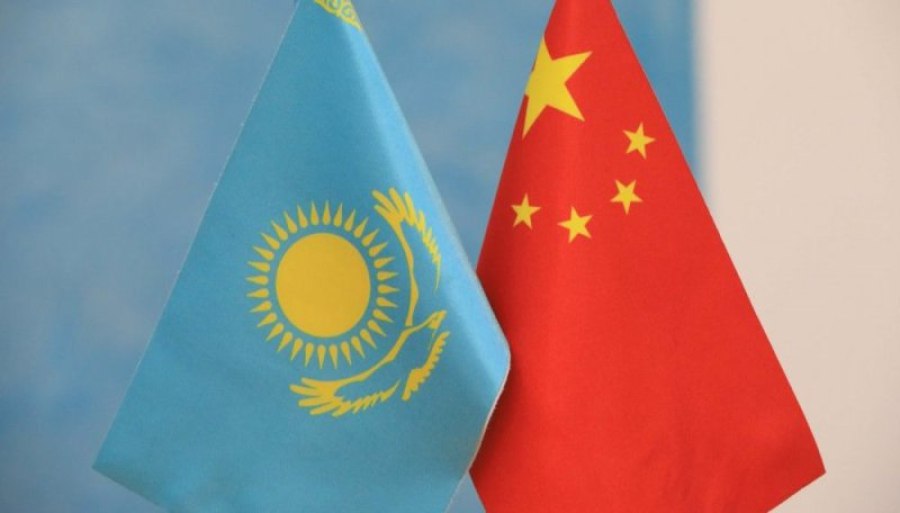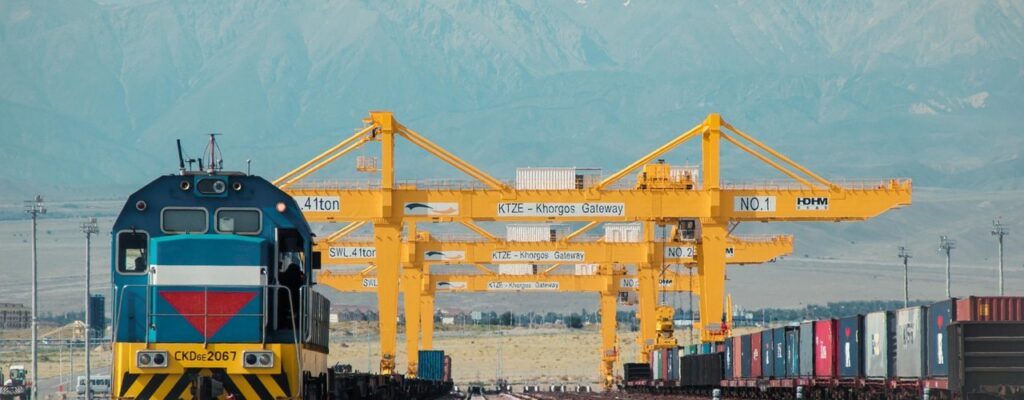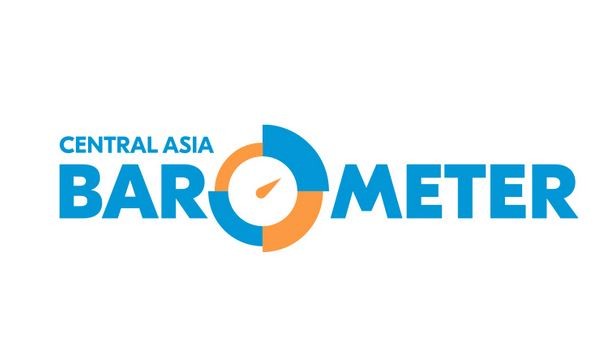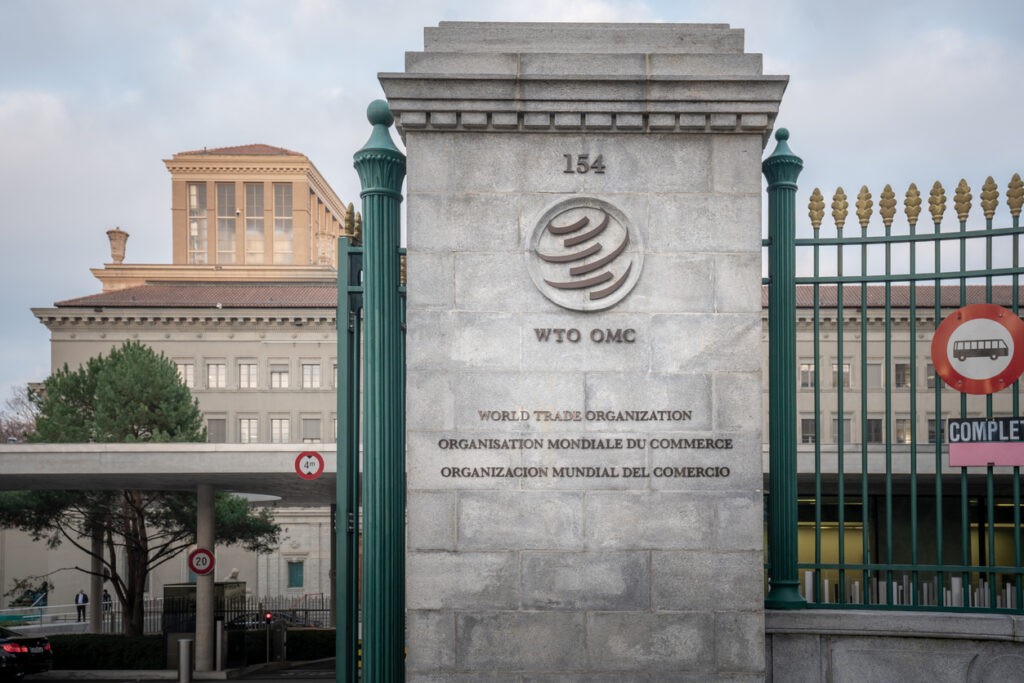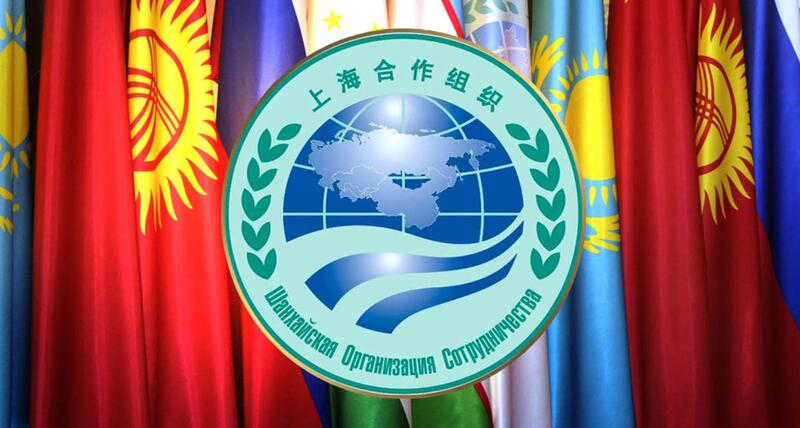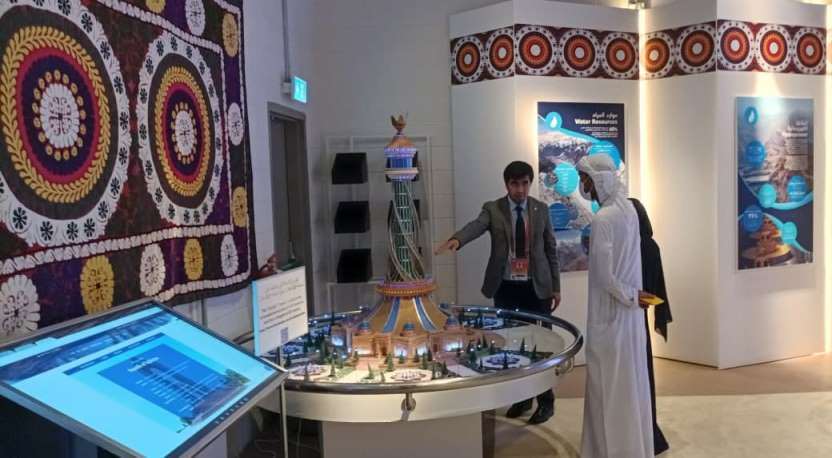Kazakhstan and China Move to Green Cooperation
Kazakhstan’s International Center for Green Technologies and Investment Projects and the China-SCO Technology Transfer Center have signed a Memorandum of Understanding to develop joint projects in green technologies.
The signing occurred at the Kazakhstan-China trade and economic cooperation forum, “Golden Bridge to Green Cooperation,” held in Beijing last week.
The forum discussed the Green Silk Road initiative, a key element of China’s Belt and Road Initiative that aims to promote sustainable development and support global efforts for green transformation.
Speaking at the forum, Kazakhstan’s Minister of Trade and Integration, Arman Shakkaliyev, emphasized the importance of the Green Silk Road initiative for the sustainable development of Kazakhstan, China, and the global community.
“The transition to carbon neutrality requires a comprehensive approach. green investments, greening trade corridors, and working towards a carbon-neutral economy are key aspects of our strategy,” Shakkaliyev said.
He also noted Kazakhstan and China’s ambitious plans to expand economic cooperation and achieve a bilateral trade turnover of $80 billion, with a focus on investments in agriculture, new energy, automotive manufacturing, and the production of high-value-added products.
According to Shakkaliyev, in 2023, China invested about $2 billion in Kazakhstan, 16.4% more than in 2022, and the total volume of Chinese investments in the Kazakh economy has now exceeded $25 billion.
He also emphasized the potential of switching to electric vehicles and using green technologies in cargo transportation to improve environmental performance and increase the efficiency of trade corridors.
